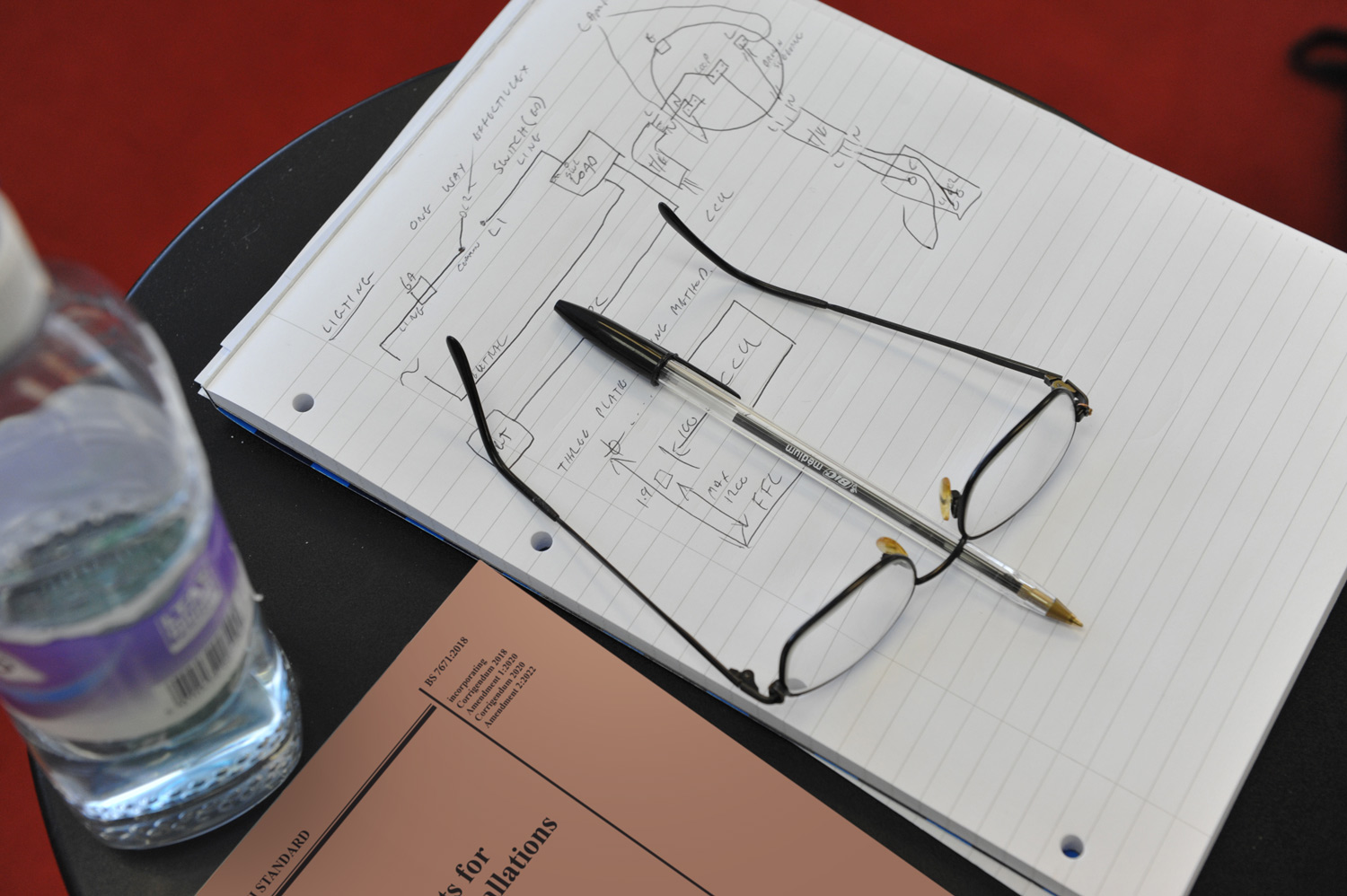On the 29th January 2019 the Government announced its plans to introduce new electrical safety regulations for private rental properties in England. We expect the changes to come into effect next year and this will lead to increased demand for periodic inspections of privately rented properties.
Currently the private rental sector (PRS) is the second largest tenure in England, and houses 4.7 million households, which represents 20% of all households.
In 2018 a consultation exercise on electrical safety in the PRS was held. Views and comments were invited on the recommendations of the Electrical Safety Standards Working Group, which recommended introducing five yearly mandatory electrical installation checks for private rented properties. Other recommendations were that of introducing a new competent person scheme.
The ‘Electrical safety in the private rented sector report’ sets out the Government response to the consultation which received 582 responses from a range of organisations and individuals across the sector. These included electricians (149), letting agents, housing charities, local authorities, as well as individual landlords (231), tenants and the fire and rescue service.
Of those that responded:
- 73% agreed that landlords should be required by law to arrange safety checks of the electrical installations in their PRS properties
- 57% of respondents agreed that mandatory electrical installation checks should take place at least every five years
- ECR report requirements – 64% agreed that legislative requirements should be phased in, beginning with new tenancies, followed by existing tenancies
- 49% disagreed that a private rented sector electrical testing competent person scheme should be set up, separate from the existing Building Regulations competent person scheme
The Government has agreed that in order to help landlords who operate in both the UK and Scotland the new guidance will be broadly in line with existing regulations that have been in force in Scotland since 1st December 2015.
Current safety requirements
Currently it is not mandatory for landlords to provide an Electrical Installation Condition Report (EICR) every five years. The latest wiring regulations state that Landlords should keep the electrics in their properties in good working order to ensure they are safe. However, if the property is a House of Multiple Occupancy (HMO) then Landlords are required by law to arrange a periodic inspection every five years.
The new regulations
The Government is committed to the safety of tenants and will be making it mandatory that an Electrical Installation Condition Report (EICR) is made every five years. For new and fully rewired properties, an Electrical Installation Certificate will be accepted in place of an EICR as long as the date of the next inspection indicated on the certificate has not elapsed.
A new enforcement date has not been set as yet, however, the report states that legislative requirements will be introduced as soon as Parliamentary time allows, ensuring industry is given at least 6 months to become familiar with the new duty before it comes into force.
A transitional period will apply in the first two years. The new duty will only apply to all new private tenancies in the first year, extended to all existing private tenancies in the second year.
Properties with an existing Electrical Installation Condition Report (EICR) will not be required to replace it for 5 years from its date.
Landlords will also be legally required to ensure that the inspectors they hire to carry out safety inspections have the necessary competence and qualifications to do so. New guidelines will be published setting out the minimum level of competence and qualifications necessary for those carrying out these inspections.
Tough penalties for landlords who fail
The Government has warned that there could be tough financial penalties for landlords who fail to comply with the new requirements, which may also extend to include other sanctions. These could include suspending a landlord’s right to serve a section 21 notice where they have failed to provide an electrical safety report at the start of the tenancy or failed to comply with the requirement for mandatory five yearly electrical checks.
Get ready!
It is expected that C&G 2391-52 Inspection and Testing qualification will be industry requirement for electricians who wish to carry out these reports.
With this in mind, now more than ever, is the perfect time for practicing electricians to get themselves qualified to ensure they are ready to respond to the growing needs of Landlords.




















